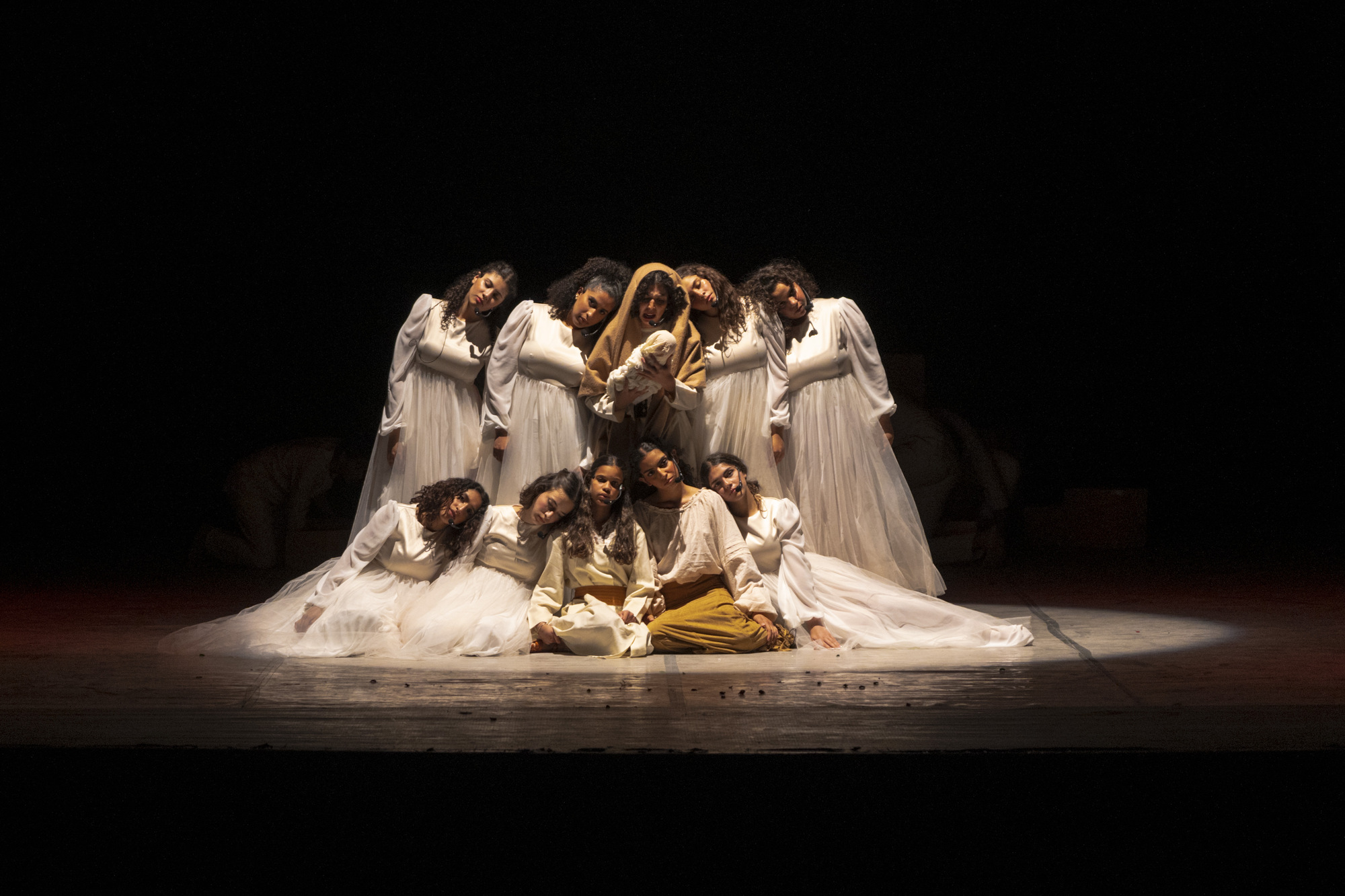It is not uncommon for Egyptian creatives to yearn for an artistic landscape where they can truly excel, only to encounter a lack of support and infrastructure in their country. Struggling with their untapped potential and untamed creativity, artists at times contemplate leaving Egypt to realize their dreams. “Major cultural institutions and opera houses have serious corruption issues that hinder experienced artists from helping and guiding the younger generation of artists, especially rising singers,” says Hana*, a soprano singer who recently moved to Germany to pursue opera studies. “There are hardly any opportunities for the youth to participate and excel in the field,” she adds. This problem is particularly relevant for Egypt’s opera scene, which has become heavily commercialized, according to Sarah Edward, a devoted opera connoisseur and amateur pianist, who has immersed herself in Egypt’s art scene for over 15 years. As Edward highlights, the lack of adequate support and infrastructure for rising talents within the country has led talented Egyptian opera singers, such as Farrah El Dibany, Amira Selim, Ragaa Eldin and Hany El Shafei, to seek opportunities abroad to fulfill their potential. “The opera scene has shifted…
From Broadway to Cairo: Egypt’s Inclusive Musical Theatre Takes Center Stage
July 21, 2023



